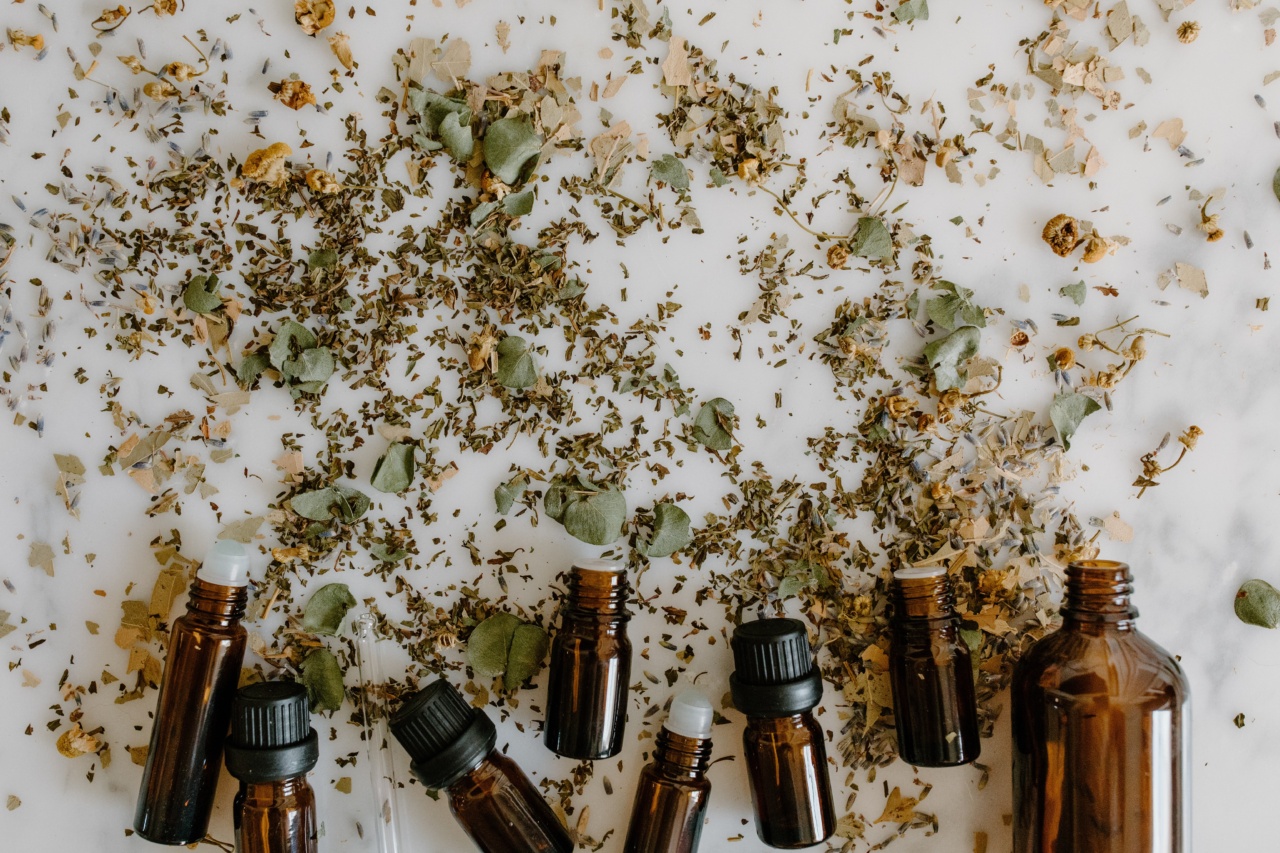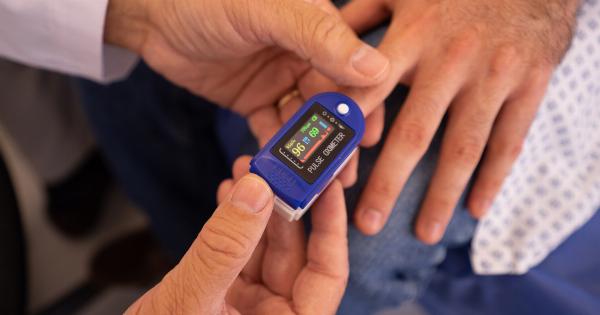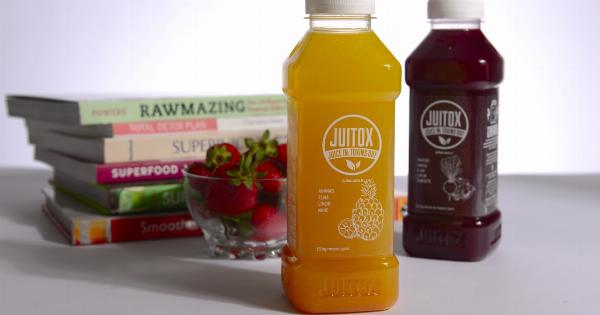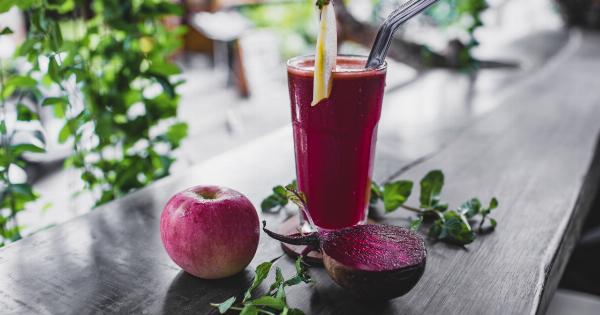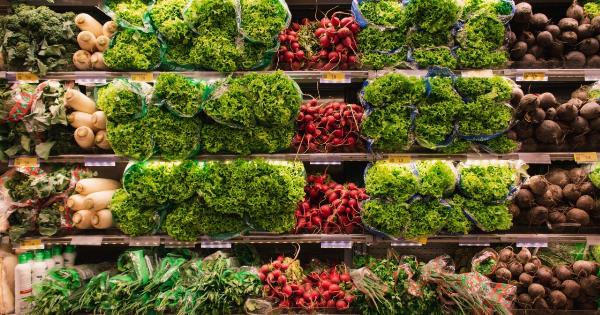High blood pressure, also known as hypertension, is a common health condition affecting millions of people worldwide. It is characterized by the force of blood against the walls of the arteries being consistently too high.
If left untreated, hypertension can lead to serious health problems such as heart disease, stroke, and kidney disease.
While medication is often prescribed to manage hypertension, many individuals are also turning to natural remedies to help lower their blood pressure levels. One such remedy is the consumption of dried fruits.
Dried fruits are not only a delicious and convenient snack but also offer a range of health benefits, including their potential to help lower blood pressure.
The link between dried fruits and hypertension
Several studies have explored the connection between dried fruits and blood pressure management. According to research, certain dried fruits have shown promising results in reducing blood pressure levels.
Dried apricots
Apricots are a nutrient-dense fruit rich in fiber, potassium, and antioxidants. Studies have indicated that the consumption of dried apricots may help lower blood pressure.
Potassium, in particular, plays a crucial role in regulating blood pressure by counteracting the effects of sodium.
Raisins
Raisins, also known as dried grapes, are a popular snacking option. They are packed with fiber, antioxidants, and beneficial plant compounds that have been associated with various health benefits.
Some studies have suggested that raisins may help lower blood pressure due to their high potassium content.
Figs
Figs are sweet and delicious fruits that are available fresh or dried. They are an excellent source of fiber, potassium, and magnesium – minerals that are essential for maintaining healthy blood pressure levels.
Including dried figs in your diet may have a positive impact on controlling hypertension.
Prunes
Prunes, dried plums, are known for their laxative effects, but they offer more than just that. Prunes are loaded with antioxidants, fiber, and potassium, which can contribute to managing blood pressure.
Regular consumption of prunes, alongside a healthy diet, can help keep your blood pressure in check.
Dates
Dates are a popular dried fruit, frequently consumed as a natural sweetener or snack. They contain notable amounts of potassium and fiber, which are beneficial for cardiovascular health.
Incorporating dates into your diet may assist in controlling high blood pressure.
How to incorporate dried fruits into your diet
There are many ways to include dried fruits in your daily diet and reap their potential benefits for hypertension:.
- Add dried fruits to your morning bowl of cereal or oatmeal.
- Mix them with nuts for a healthy and energy-boosting snack.
- Blend them into smoothies for added natural sweetness.
- Incorporate dried fruits into your baked goods, such as muffins or cookies.
- Use them in savory dishes like couscous or rice pilaf for a sweet twist.
Important considerations
While dried fruits can be a valuable addition to a hypertension management plan, it is essential to keep a few things in mind:.
- Portion control: Dried fruits are concentrated sources of calories and sugar, so it’s important not to overindulge. Stick to recommended serving sizes to avoid excessive calorie intake.
- Check for added sugars: Some commercially available dried fruits may have added sugars, which can counteract their potential health benefits. Opt for unsweetened versions whenever possible.
- Consult your doctor: If you have any underlying health conditions or are on medication, it is advisable to consult your healthcare provider before making significant dietary changes.
Conclusion
Dried fruits offer a natural and delicious way to potentially help manage hypertension.
Incorporating dried apricots, raisins, figs, prunes, and dates into your diet can provide essential nutrients like fiber, potassium, and antioxidants, which may contribute to lowering blood pressure levels. However, it is imperative to consume dried fruits in moderation and consult with a healthcare professional if necessary.
By making smart dietary choices, you can proactively take steps towards maintaining a healthier blood pressure and reducing the risk of associated complications.
